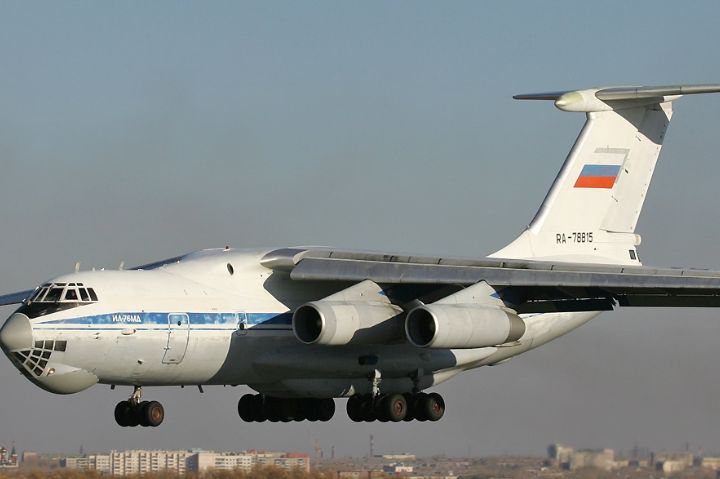The alliance between Russia and North Korea has taken a shocking turn, with reports indicating that elite North Korean troops are joining Russia’s ranks in the Ukraine conflict. A recent surge in military flights between Pyongyang and Moscow has fueled suspicions of North Korean forces engaging in battle preparations on Russian soil, a move that experts say could intensify the conflict.
According to South Korean intelligence, North Korea has deployed around 12,000 soldiers, including members of its elite XI Corps, to Russia, with troops reportedly training on five Russian bases. Open-source flight data confirms that a Russian Ilyushin Il-96 aircraft, capable of transporting over 400 personnel, recently flew from Hwangju, North Korea, to Moscow. This development is one of several indicators that Pyongyang is sending both troops and military experts to aid Moscow, as witnessed by recent sightings of North Korean officers allegedly assisting in Ukraine’s Kursk region.
The revelations of North Korean involvement mark a disturbing shift, as Ukrainian President Volodymyr Zelensky and U.S. officials have reported intelligence suggesting that North Korea may be preparing to escalate its support for Russia. John Kirby, U.S. National Security Council spokesperson, highlighted concerns that roughly 3,000 North Korean troops had been seen in Russia participating in military exercises and might soon join frontline operations.
Defense experts are sounding alarms over the implications of this new alliance. Alexander Lord, an analyst with Sibylline, pointed out that North Korea appears to be deploying elite units rather than sending expendable forces. “These are well-trained special forces, not cannon fodder. They are here to gain valuable combat experience,” he said, noting that North Korea may be preparing to bring back lessons from the frontlines to enhance its own military.
Military cooperation between Moscow and Pyongyang has strengthened following a July defense pact, reportedly including a troop-exchange agreement. Satellite images and AI-assisted identification suggest that North Korean personnel are not only present but are being concealed within Russian ranks, potentially dressed in Russian military uniforms and issued with fake Siberian IDs.
While the Kremlin and North Korea deny these reports as “fake news” and “groundless rumors,” the strategic implications of North Korean forces in Russia have sparked worldwide concern. By supporting Russian defenses in Kursk, Pyongyang is effectively freeing up Russian forces to intensify their attacks in Ukraine—a coordinated move that observers say could be a game-changer in the region.
As the Ukraine conflict grows increasingly international, the question remains: how will the West respond to this dangerous new alliance?












